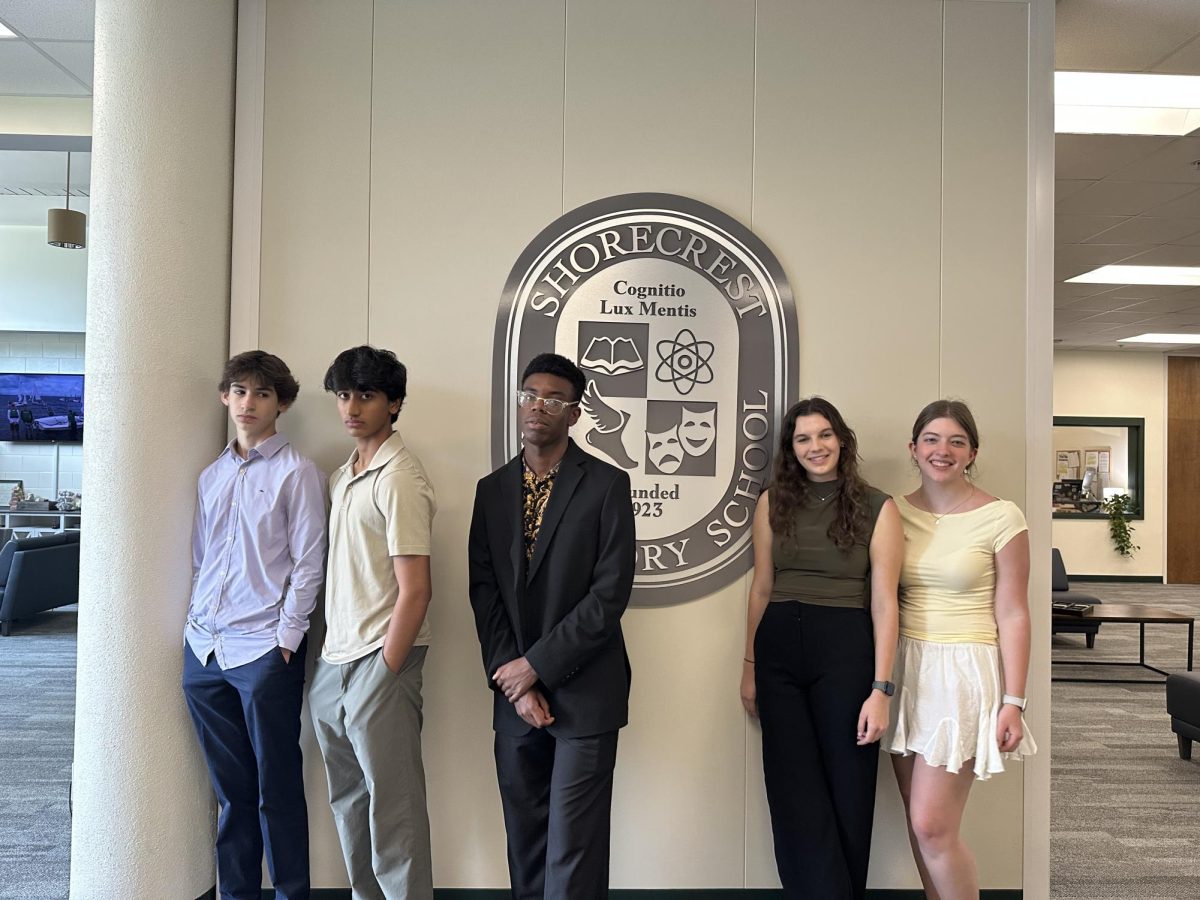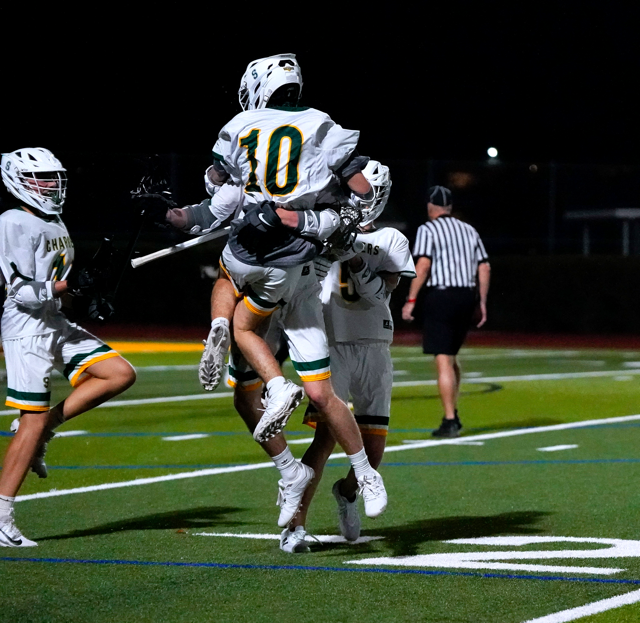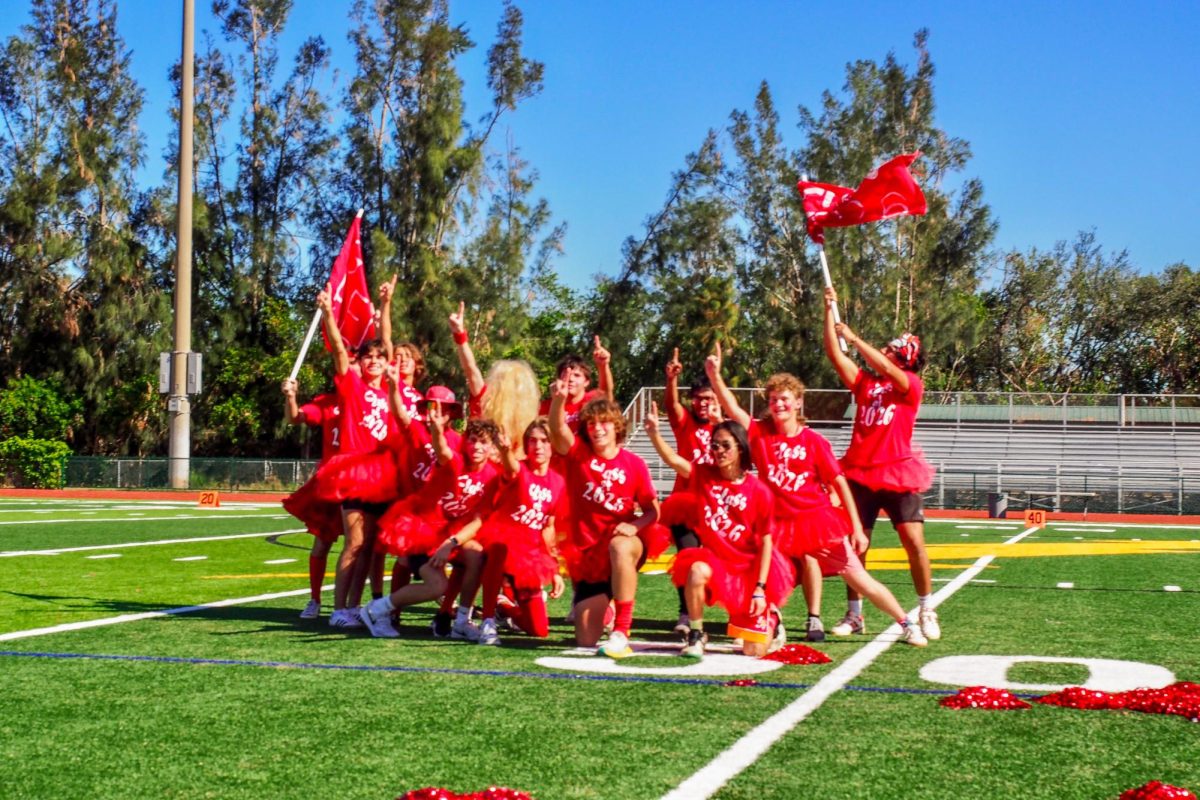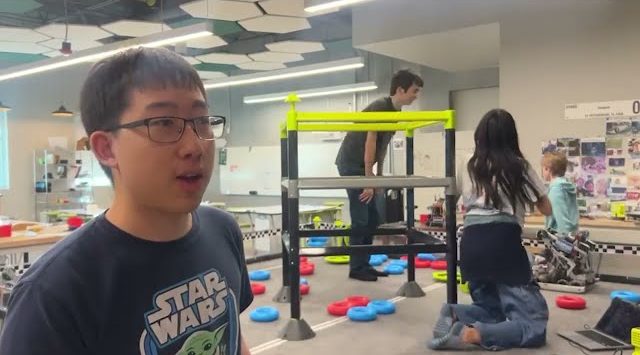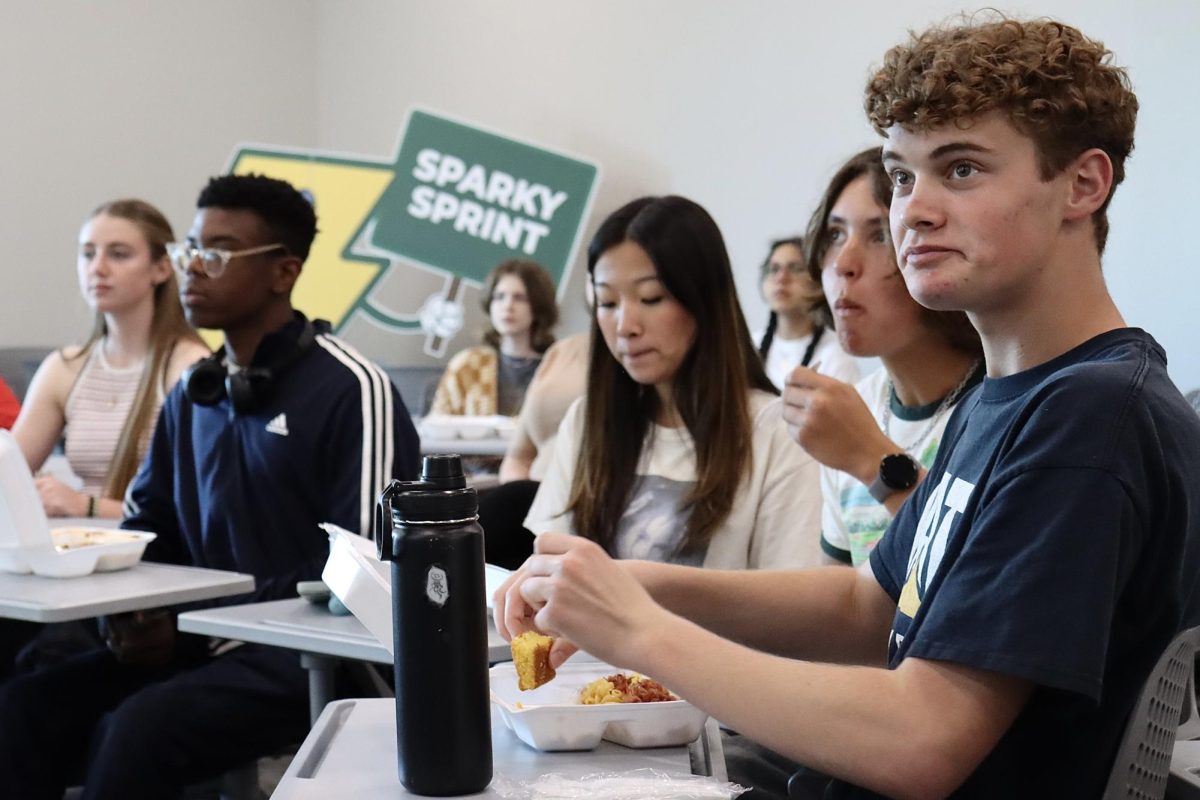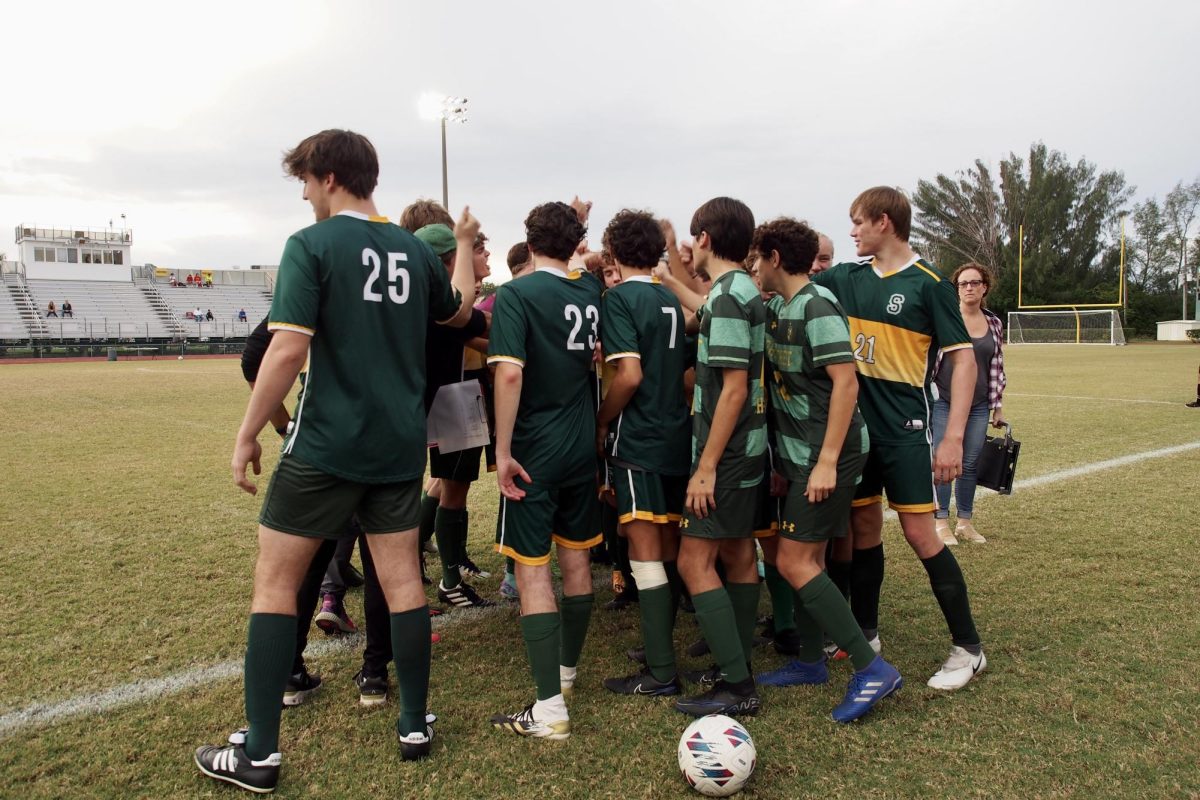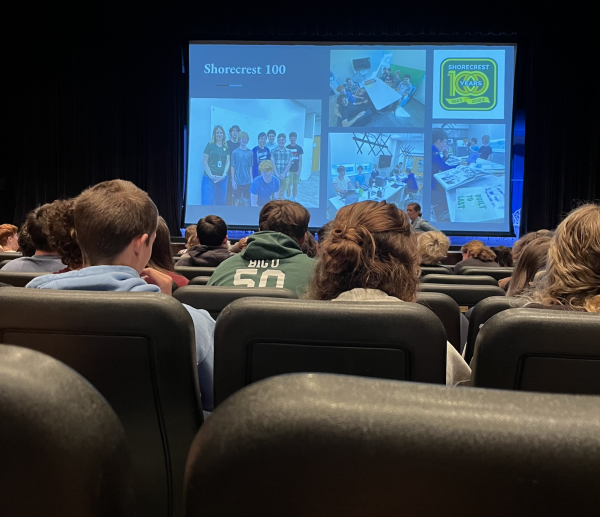
Monday Morning Meeting is cemented into the weekly routines of Shorecrest students, but many have mixed opinions about the tradition.
In a survey sent to 10th and 11th graders, over half of them reported feeling that the meetings were irrelevant to their academic lives and that sitting and watching slides scroll by for a half hour is a waste of time. We’ve just started and already this looks like a Rot.
But why do Shorecrest students look down upon Monday Morning Meeting? At face value, it is a helpful, well-intentioned affair. Upper School Dean of Student Life Ann Marie Hardy said, “The reason we gather is to recognize and celebrate community since it is the only time we are together as a whole Upper School.”
Junior Sofi Rosales had a similar perspective. “I think it’s supposed to facilitate the community aspect of the school by having everyone in the same room and also to make sure no announcements are missed,” Rosales said. “Additionally, it can be used to recognize achievements of other students.”
The same majority that dislikes Monday Morning Meeting acknowledged that it does bring the community together. However, they still believe it is largely unproductive. When your time is spent sitting in the crowded Janet Root Theater, many people, including myself, think of all the things we could be doing instead: homework, socializing, clubs, or even a moment of quiet respite. The questionable utility earns another point towards Rot here.
So, what other uses might there be? Dean Hardy said, “It is joyful to observe peers cheering on peers when achievements are announced; it is incredible to witness student performances, and it’s inspiring to watch students give announcements because it’s challenging to stand up in front of the whole school and speak. From where I sit, I notice quite a bit of smiling and support.”
However, these achievements aren’t announced at every meeting. Sports have seasons, and athletes have run of the mill games. Their craft, while worthy of celebration, is already spoken about within the community. I find that I’ve already heard about these victories before Monday Morning Meeting CT, as is the nature of big news.
One may ask, how could we effectively replace Monday Morning Meeting? Most, including sophomores Remy DeParis and Luca Baker, felt that an email would suffice. Baker feels emails also have benefits as they “teach students to do research on their academic life on their own.” Monday Morning Meeting is a Rot in the eyes of most upperclassmen and lowerclassmen.
Administration, however, alongside the rare student supporters is quick to offer additional opinions. Junior Kaja Dionne stuck out amongst the crowd and said, “Monday Morning meeting helps give information by showing what’s going on in the community, like sports, arts, clubs, announcements, theater, and more.” Shorecrest isn’t alone in their weekly ritual. “I have worked in a handful of Upper Schools, all of whom have a similar meeting,” said Hardy. “I believe our whole school meeting serves its intended purpose more so than the other schools I’ve been a part of because it is student run.”
So, how should the administration respond to this Rot? More clubs having the spotlight could influence not only its arguably detestable length, but it could also make the content more enjoyable. Other than delivering the meeting’s information via email, some students suggested making the meeting optional or allowing students to sit with friends rather than advisories. Although there are some pitfalls in these suggestions, we urge the administration to consider them; not every solution is perfect in its first draft.
So, all in all, Monday Morning Meeting is indeed a Rot. Still, it is deeply rooted into our routine and will likely stick around in the foreseeable future.




![Thespians pose on a staircase at the District IV Thespian Festival. [Front to back] Luca Baker, Maddison Cirino, Tanyiah Ellison, Alex Lewis, Summer Farkas, Jill Marcus, Ella Mathews, Sanjay Sinha, Isabella Jank, Sofia Lee, Boston Littlepage-Santana, Sally Keane, Tyler Biggar, Tanner Johnson, Jasper Hallock-Wishner, Remy de Paris, Alex Jank, Kaelie Dieter, and Daniel Cooper. Photo by Michael McCarthy.](https://spschronicle.org/wp-content/uploads/2024/12/image1-900x1200.jpg)










